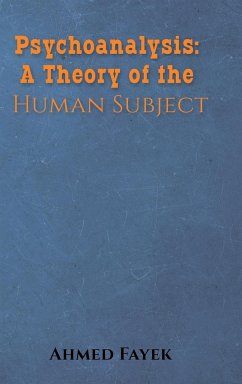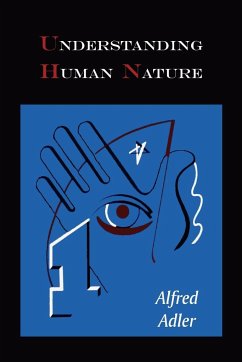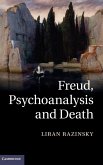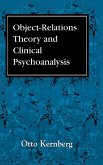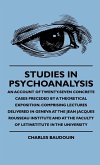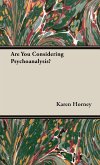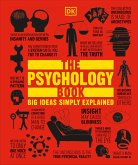When humans became conscious of their existence as objects in the world, their nature proved to be an enigma. It kept thinkers and philosophers--for centuries--busy dealing with its mystery. In all the impressive efforts made by great thinkers, there was always a missing element that prevented a full closure on its makeup. Late in the nineteenth century when Freud was experimenting with psychotherapy, he discovered and established the existence of unconscious processes that permeate the subject's psychological life. They coexisted in every conscious and cognitive human activity and made it difficult to understand the nature of the subject as a simple entity. Freud and some talented coworkers made strides in discovering the nature of the subject. However, they did not realize that they were building a theory of the human subject. Because they were working in the field of psychotherapy and mental health, psychoanalysis was thus branded a technique of psychotherapy. This book is of the view that psychoanalysis is a theory of the human subject, which could have a psychotherapeutic facet. Few psychical features of the human subject were chosen in this book to be explained in their psychoanalytic capacity. Psychoanalysis was also discussed as an act of treating the subject, not some isolated and separate attributes of it.

